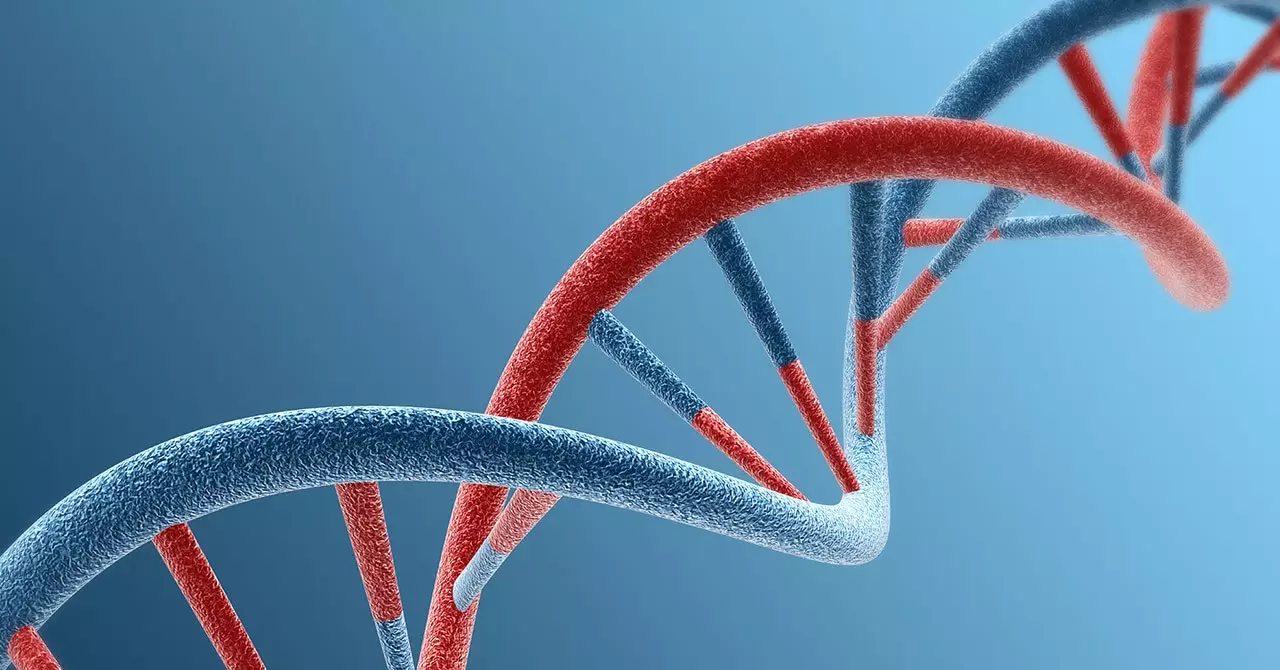With the advancement of technology, the ability to manufacture synthetic DNA has become more accessible and affordable. This has raised concerns about the potential risks associated with creating harmful pathogens that could lead to a global pandemic. The White House has recently implemented new rules to regulate companies that manufacture synthetic DNA in an effort to mitigate these risks.
Experts have long warned about the dangers of creating pathogens from synthetic DNA. The ease of ordering genetic material online and the ability to assemble it into a harmful organism poses a significant threat to public health. Tom Inglesby, an epidemiologist, has expressed concerns about the possibility of creating dangerous viruses using synthetic DNA. The reconstruction of the extinct horsepox virus in 2017 using mail-order DNA highlighted the potential risks associated with this technology.
The rules introduced by the White House require DNA manufacturers to screen purchase orders for sequences of concern that could contribute to an organism’s toxicity or ability to cause disease. This is a step in the right direction to prevent the accidental or intentional creation of harmful pathogens. While the regulations currently only apply to scientists or companies that receive federal funding, it is a positive move towards enhancing biosecurity.
Although some DNA providers already adhere to screening guidelines and have joined initiatives like the International Gene Synthesis Consortium, not all companies comply with these measures. This raises concerns about the effectiveness of voluntary regulations in ensuring the safe and responsible manufacturing of synthetic DNA. Without strict oversight and enforcement, there is still a risk of misuse of this technology.
As technology continues to evolve, it is essential to establish clear regulations and standards for the manufacturing of synthetic DNA. The potential for creating harmful pathogens through genetic manipulation highlights the importance of biosecurity measures. The new rules issued by the White House are a step towards addressing these concerns, but there is still a need for widespread compliance and enforcement to safeguard public health and prevent potential pandemics.
The regulation of synthetic DNA manufacturing is crucial to prevent the misuse of this technology and mitigate the risks of creating harmful pathogens. The new rules introduced by the White House are a positive development in enhancing biosecurity measures, but there is still work to be done to ensure widespread compliance and enforcement across the industry. It is essential for stakeholders to prioritize safety and responsibility in the manufacturing and use of synthetic DNA to protect public health and prevent the potential for a global pandemic.


Leave a Reply